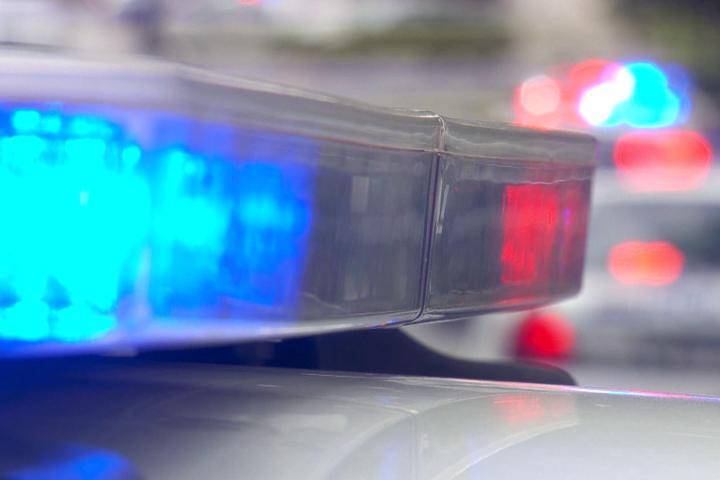ST. JOHN’S, N.L. – Eight months after a Labrador murder case fell apart because the infant victim’s brain went missing, the provincial government has called in Nova Scotia’s Chief Medical Examiner to investigate what happened.

Four-month-old Matthew Rich died of head injuries in Sheshatshiu, N.L., near Happy Valley-Goose Bay, in November 2013.
His father, Thomas Michel, was charged with second-degree murder but prosecutors withdrew the charge last December, saying the baby’s brain could not be found.
READ MORE: Murder charge withdrawn after baby’s brain, key piece of evidence, goes missing
“This is something that had to be done,” Andrew Parsons, Newfoundland and Labrador’s justice minister, said Tuesday. “This case … certainly struck a chord in the province. It’s terrible. I don’t ever want to see this again.”
On Tuesday, Parsons announced the terms of reference for an inquiry, and named Nova Scotian Dr. Matthew Bowes, a former chair of the Chief Coroners and Chief Medical Examiners of Canada, to lead it.
Parsons said Bowes will look at how the province’s Office of the Chief Medical Examiner is run, including its management, standards and procedures, along with its physical quarters.
The little boy’s brain went missing somewhere in the medical examiner’s St. John’s office, housed in the basement of the Health Sciences Centre, he said.
Parsons said he was the first minister to visit the cramped space “in decades,” and found only an autopsy room and a couple of small offices.
“I wouldn’t be surprised if the review suggests space and accommodations would be an issue,” he said.
Parson said he has confidence in Simon Avis, the chief medical examiner, and his work.
READ MORE: Abducted Newfoundland man’s body found in driveway hours after kidnapping
But he said he wants to do what he can to prevent similar errors in the future, noting he has watched media interviews with the boy’s grandfather, who said the family was devastated and wanted answers.
“Having listened to that family, we can’t change what happened. But we can do what we can do to avoid families in the future going through that,” said Parsons, who was sworn in after the Liberals took power in December, following 12 years of Progressive Conservative rule.
Parsons has also called in outside agencies to review a fatal 2015 shooting as well as a separate, unspecified incident involving the Royal Newfoundland Constabulary.
When it dropped the murder charge against Michel, the province’s public prosecutions service said it had been prepared to call experts in forensic pathology and neuropathology as witnesses, but they required access to the brain to complete the examinations necessary to provide opinions in court.
“The brain was presumed to have been destroyed,” it said in a release. “Without the other experts having access to the brain to complete further examinations, there is no longer a reasonable likelihood of conviction.”
There are risks in going to trial with inadequate forensic evidence, including a potential miscarriage of justice, it said.
Bowes, who is being asked to make recommendations for improving the office, is expected to take several months on his review, for which $100,000 is budgeted this year.



Comments